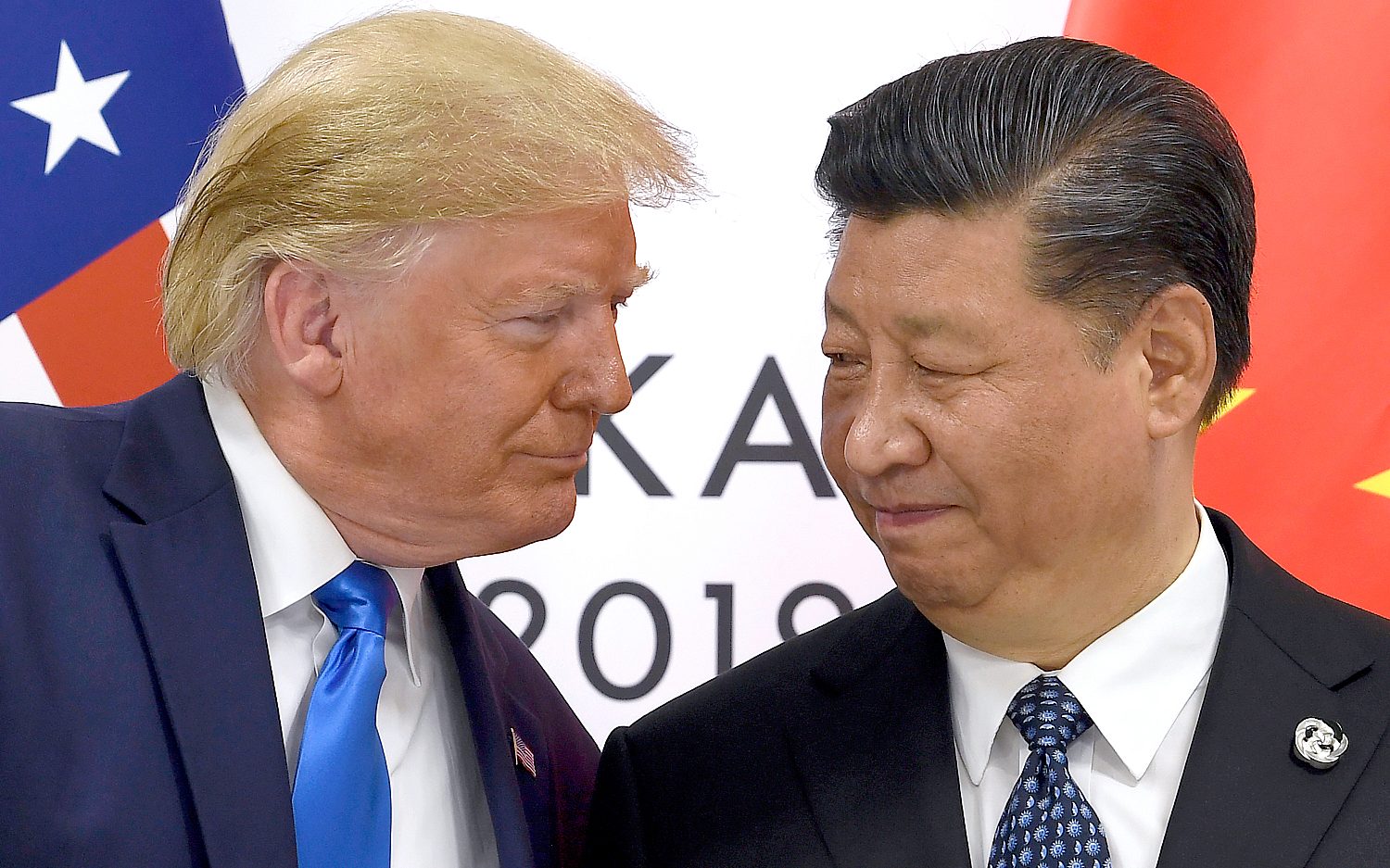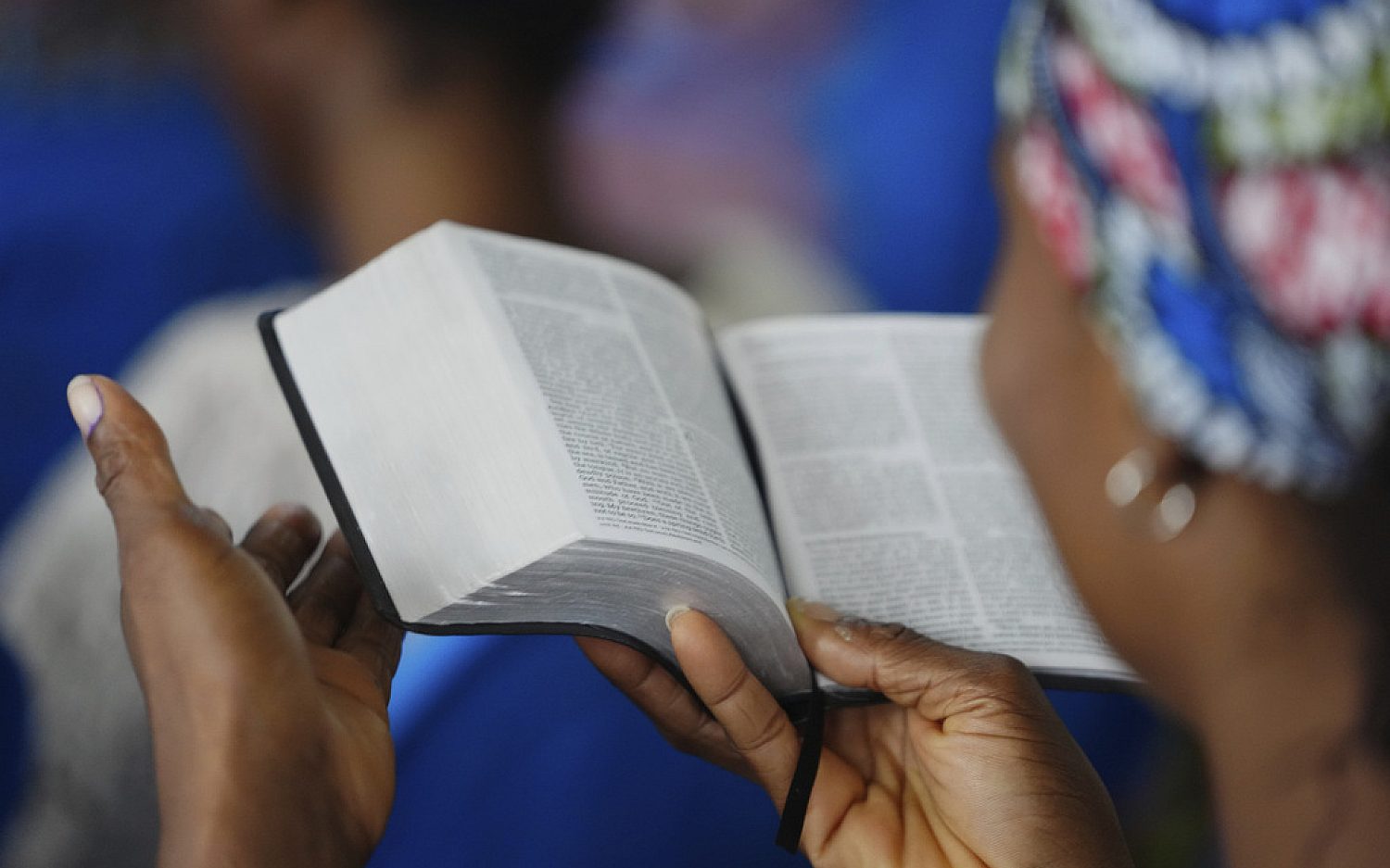U.S., allies pressure Congo leaders to step down
New sanctions aim to promote a democratic transfer of power
The United States has imposed more sanctions on two top officials in the Democratic Republic of Congo in an attempt to pressure the government to step down on the expected day next week.
The U.S. Treasury Department placed Congo’s Vice Prime Minister Evariste Boshab and director of the National Intelligence Agency Kalev Mutondo on its list for Specially Designated Nationals. The sanctions froze all assets the officials may have in the United States and barred U.S. citizens from engaging in transactions with them. Boshab has asked state officials to leave their job posts for supporting the opposition. Mutondo and the intelligence agency have engaged in extrajudicial arrests of opposition members and ordered surveillance on them. In July, the United States imposed sanctions on three other Congolese officials.
Adam Szubin, the U.S. treasury undersecretary for terrorism and financial intelligence, said the sanctions resulted from the Congolese government’s continued efforts to undermine democracy and political rights in the country.
Congo’s President John Kabila is constitutionally mandated to step down Dec. 19 for the next presidential elections to begin. But the electoral commission has continued to push back the election day, now slated for April 2018. Opposition members view the move as Kabila’s attempt to remain in power. The international community and human rights groups have cautioned that Kabila’s refusal to step down next week could trigger widespread political violence across the country.
Already, the government has started to crack down on opposition. The UN Security Council in June expressed concern over the continued arrests of opposition members. Dozens of people died in September in antigovernment protests.
“Now is a crucial time to prevent violence in Congo,” John Prendergast, director of the antigenocide group Enough Project, said in a statement earlier this week. “Today’s sanctions are key, but the financial pressure should be further escalated if the Congolese government does not ensure an effective democratic transition ahead of Dec. 19.”
The European Union this week also imposed its first travel bans and asset freezes on seven Congolese security officials it said contributed to disrupting elections and violating human rights.
The ruling and opposition parties began mediation talks Tuesday under the leadership of the Catholic Church. The negotiation’s success depends on the ruling party’s cooperation, said Sasha Lezhnev, associate director of policy at Enough Project.
“If the situation does not improve and there’s no democratic deal forthcoming, then the U.S. and the EU should escalate the pressure further,” Lezhnev said.
Increasing the pressure would include enacting anti–money laundering efforts that target bank accounts holding the proceeds of corruption.
The negotiations, which have the international community’s support, would serve as a short-term solution in the absence of immediate elections.
An actual newsletter worth subscribing to instead of just a collection of links. —Adam
Sign up to receive The Sift email newsletter each weekday morning for the latest headlines from WORLD’s breaking news team.





Please wait while we load the latest comments...
Comments
Please register, subscribe, or log in to comment on this article.